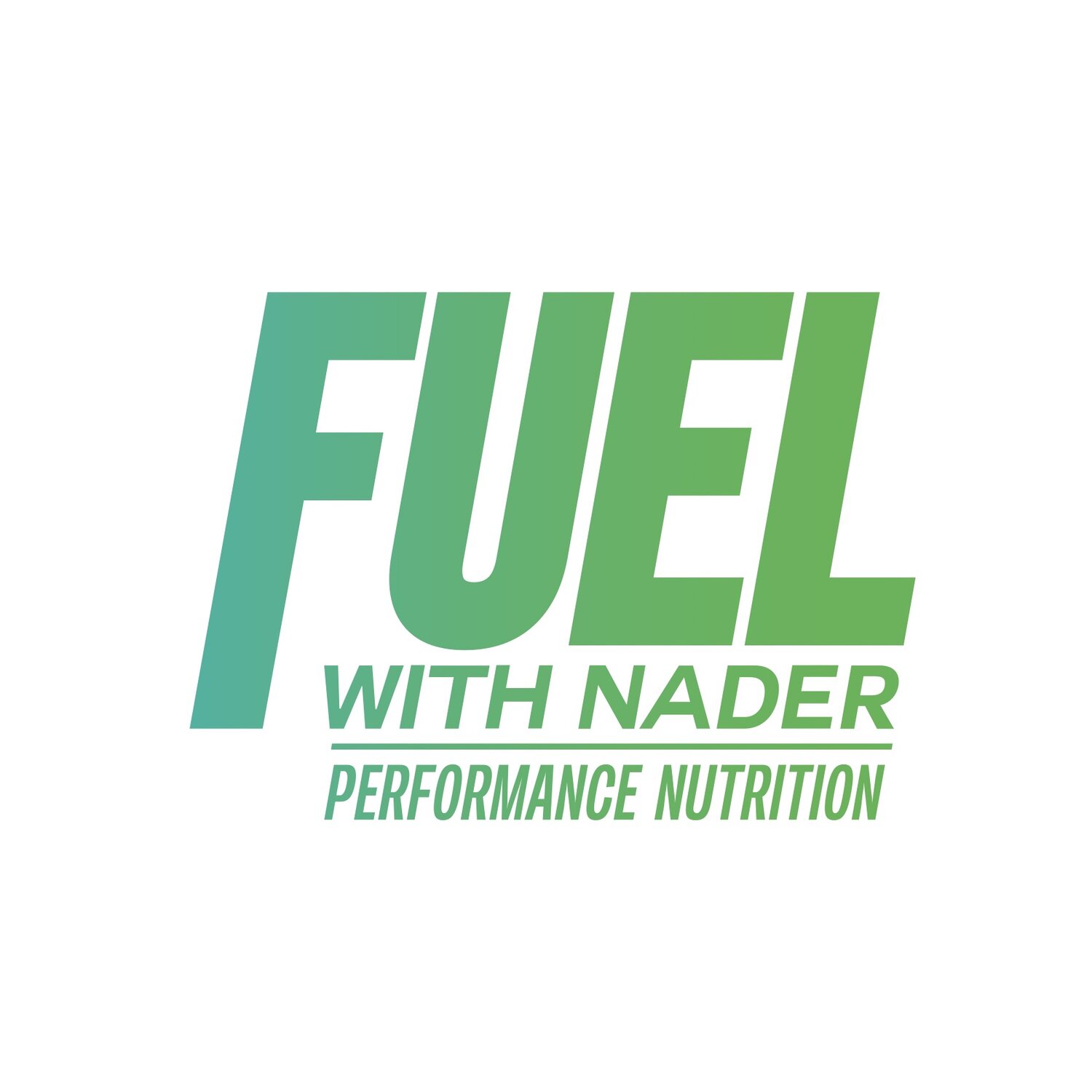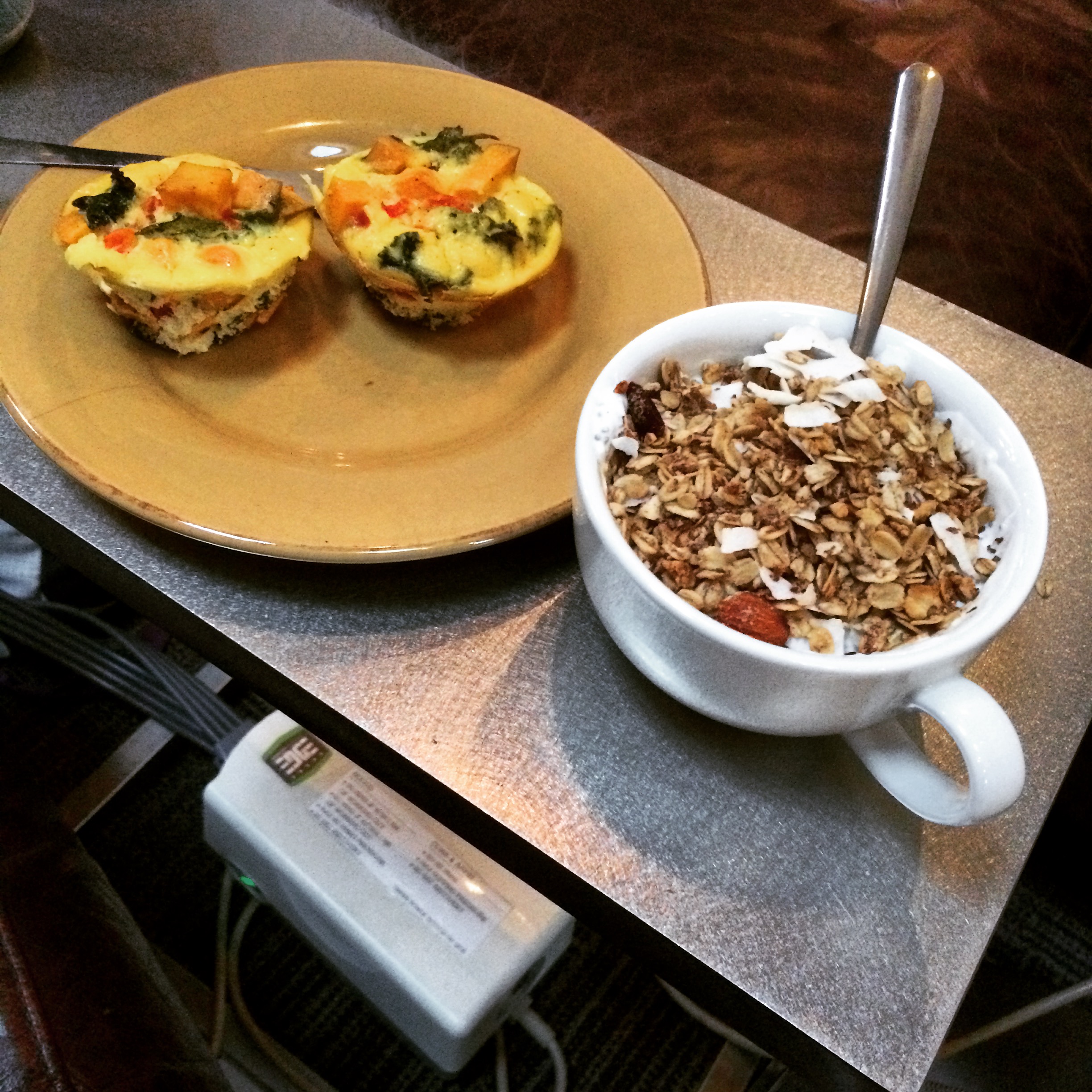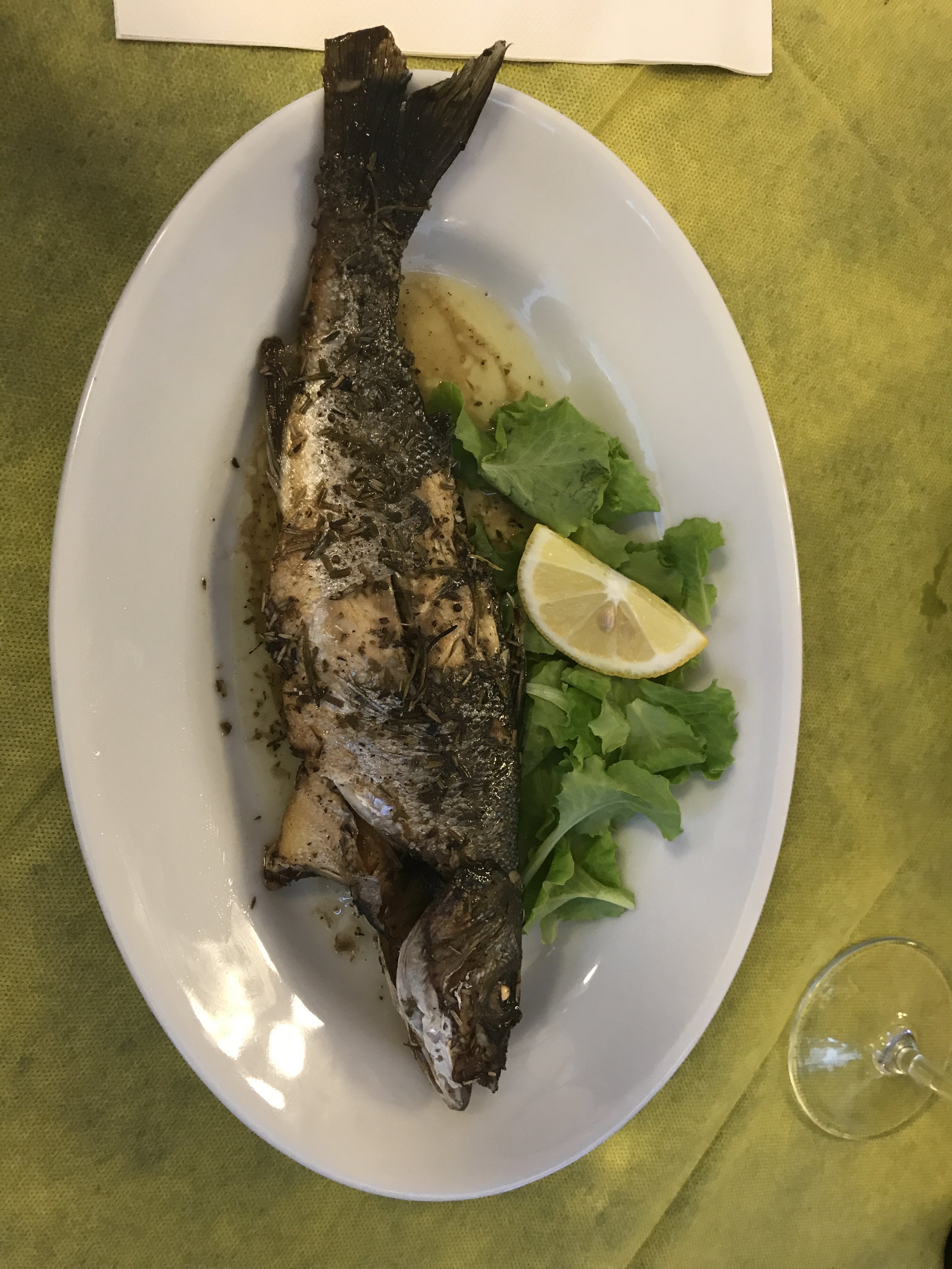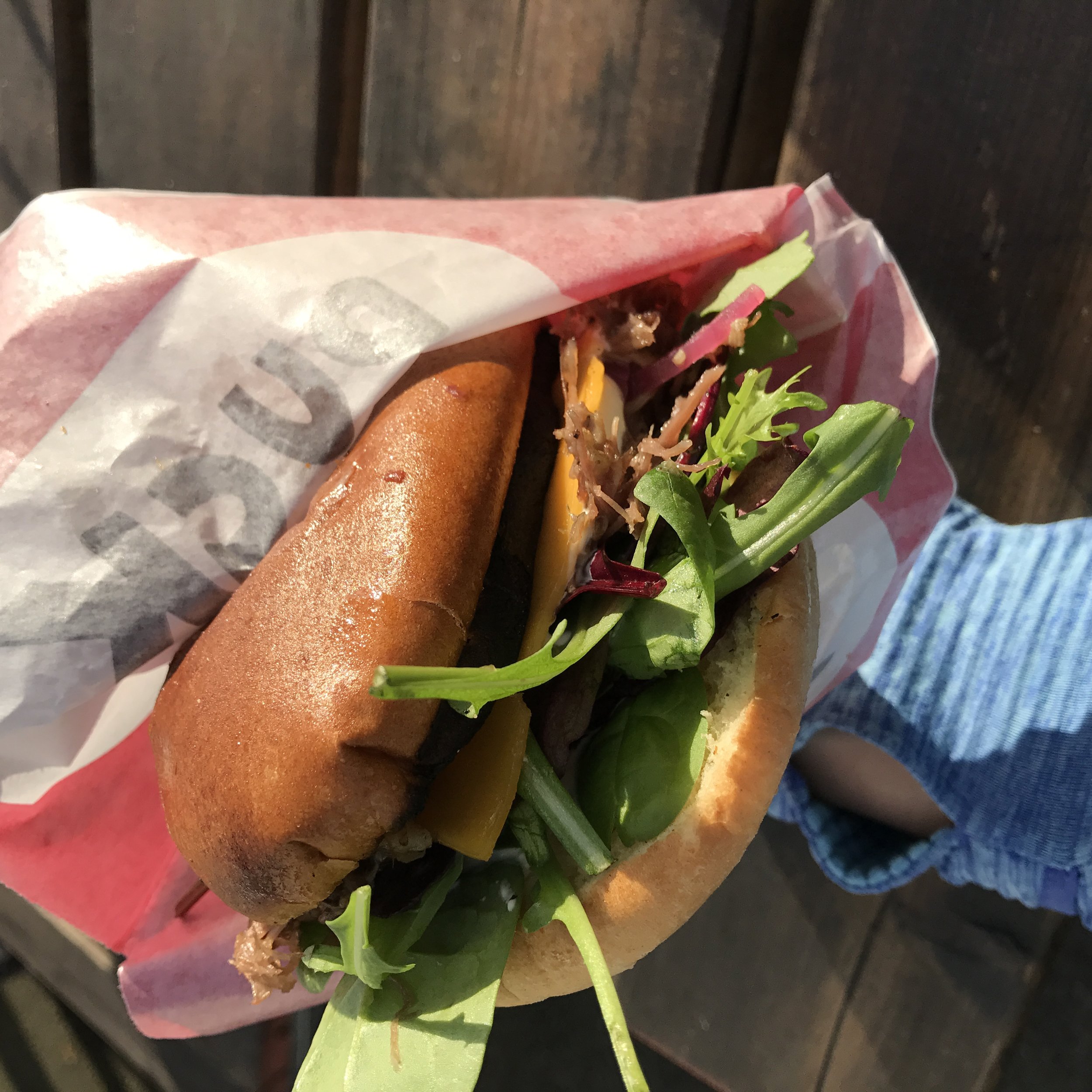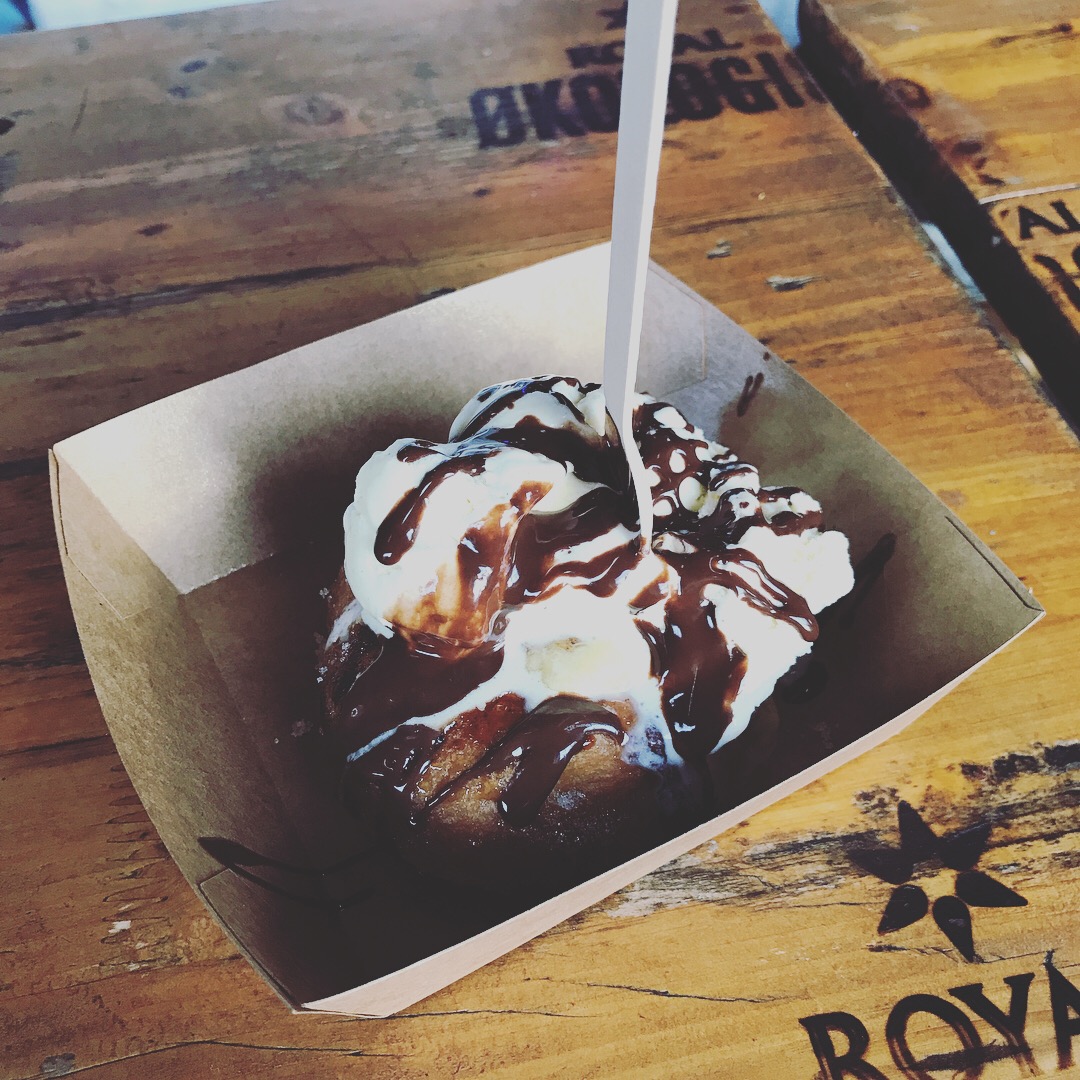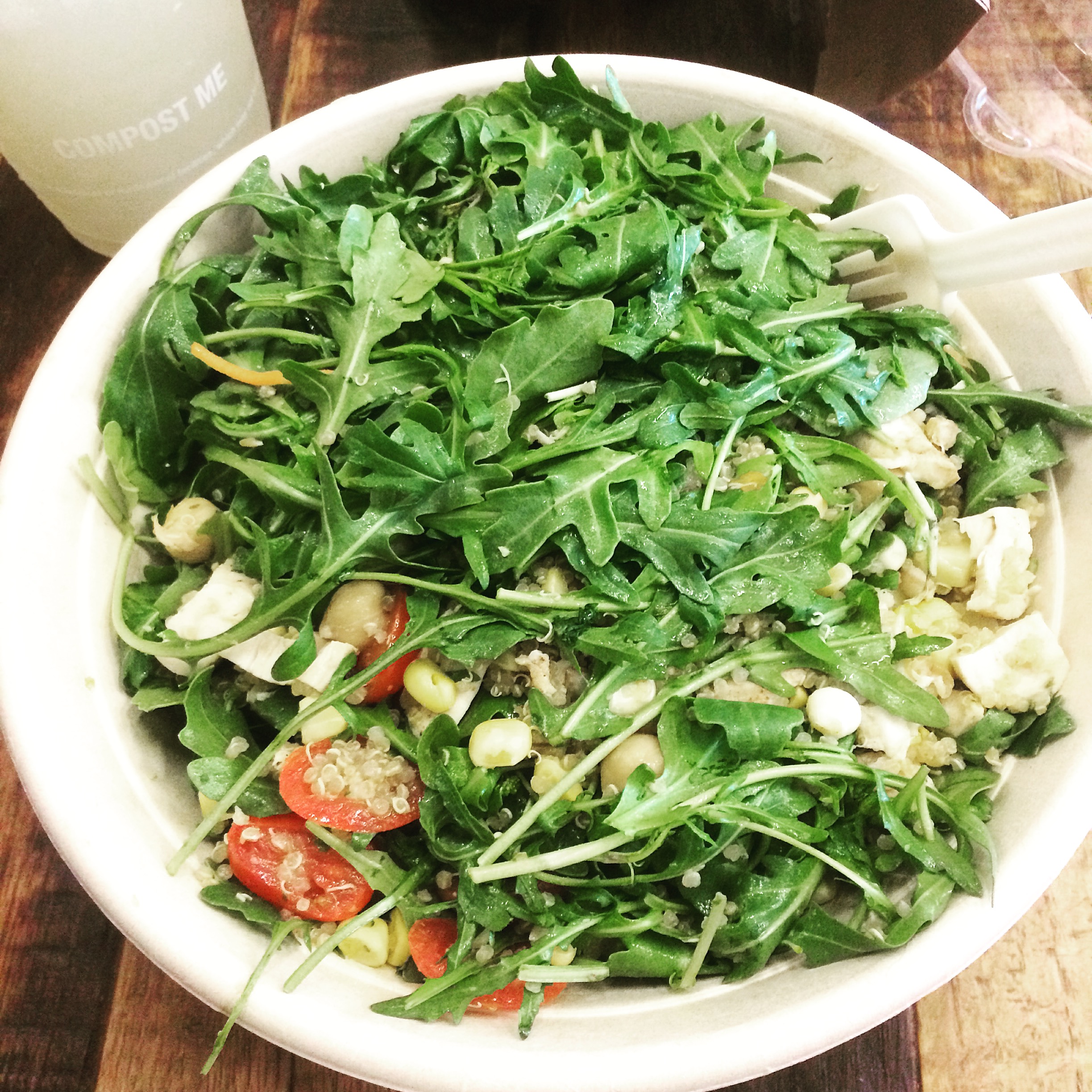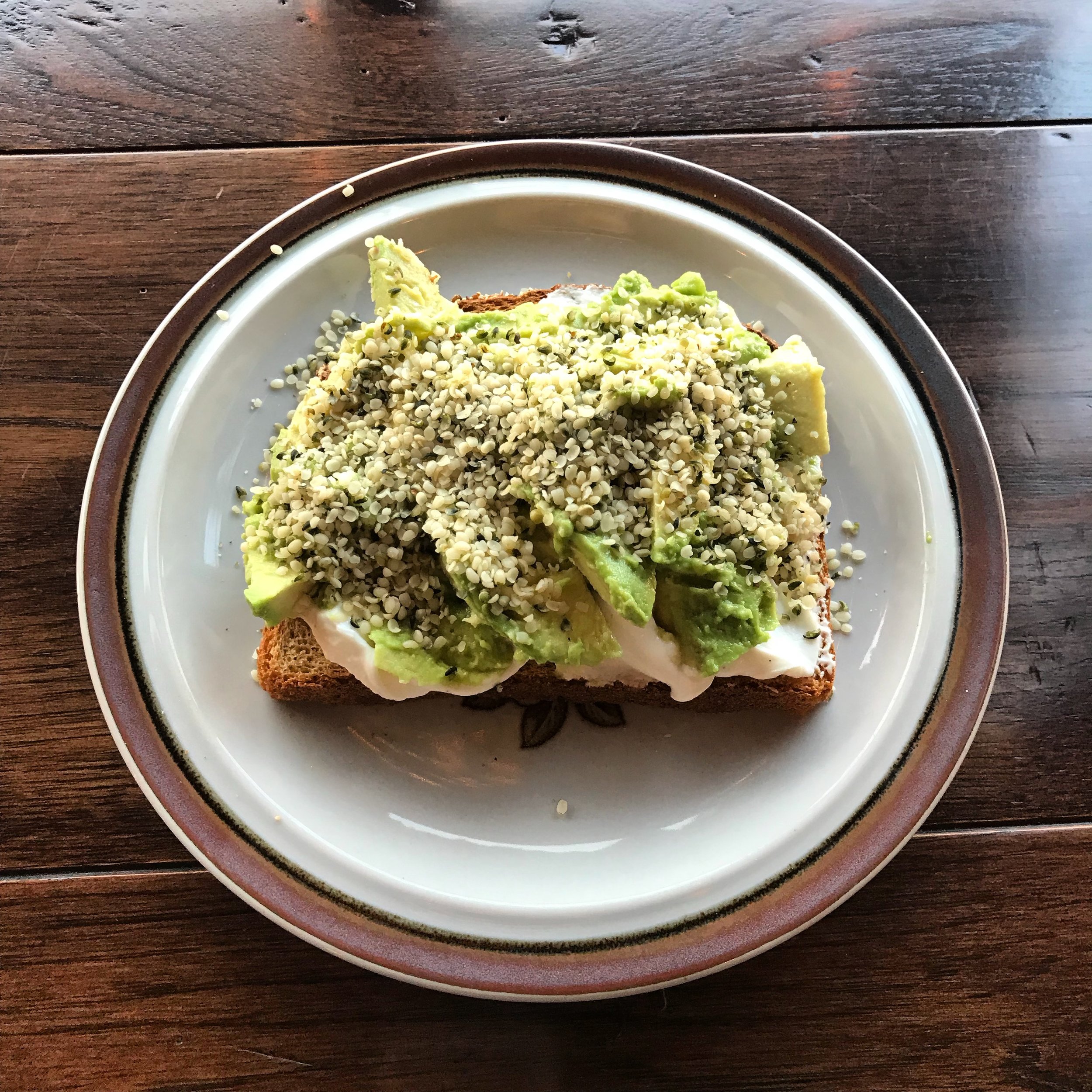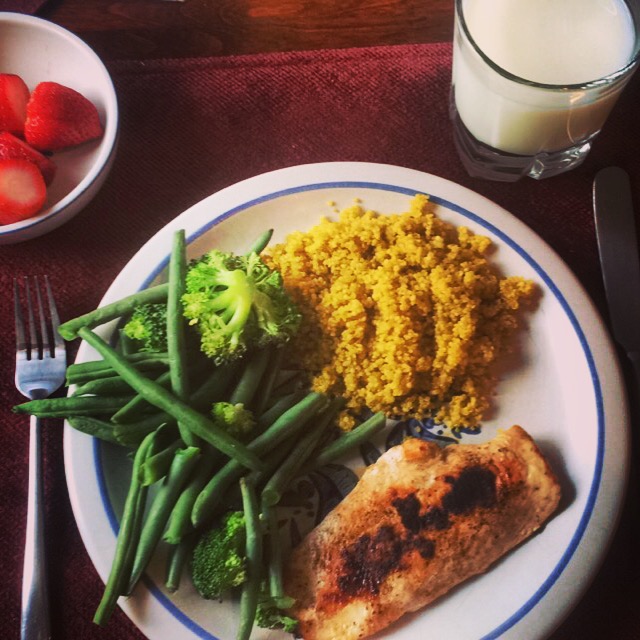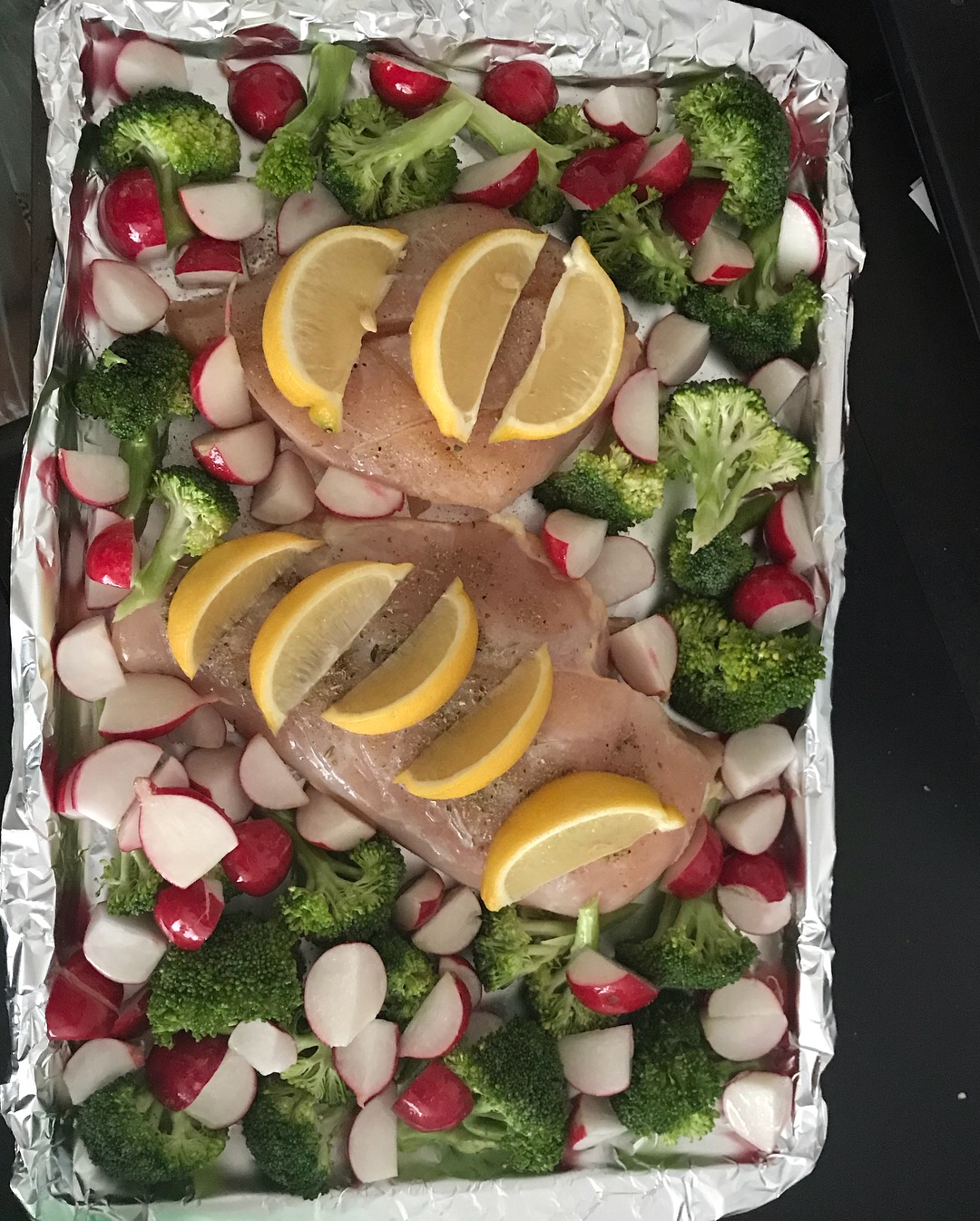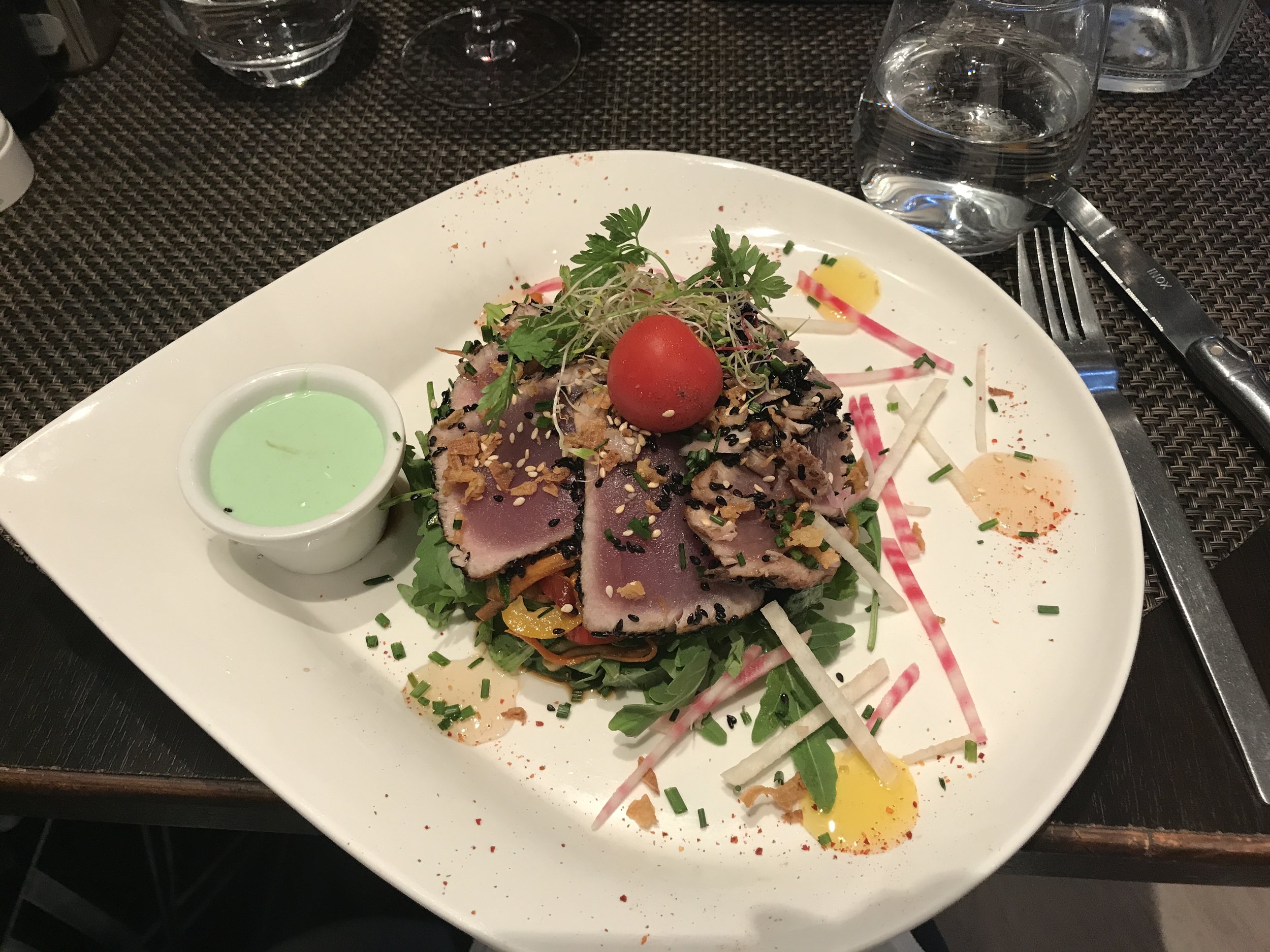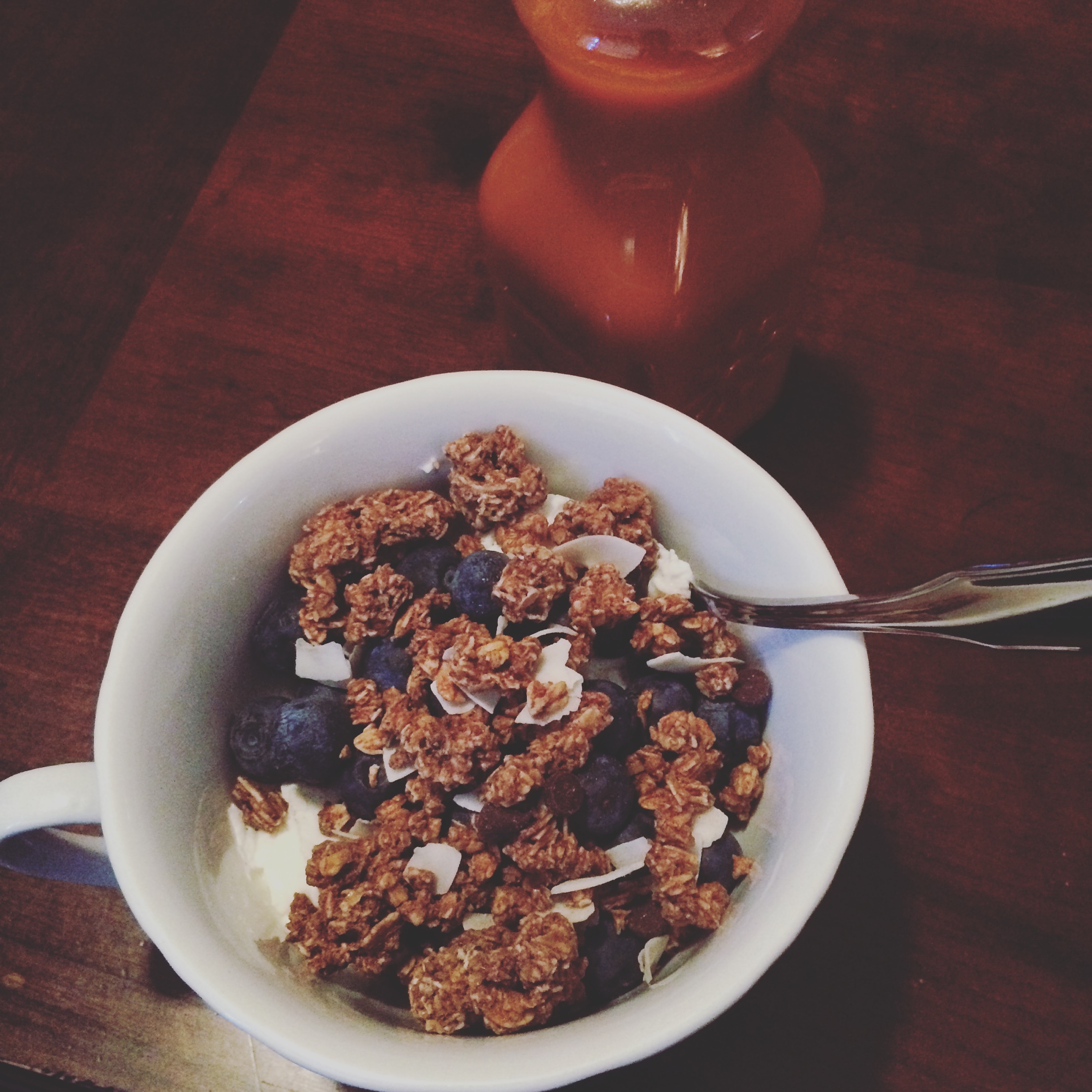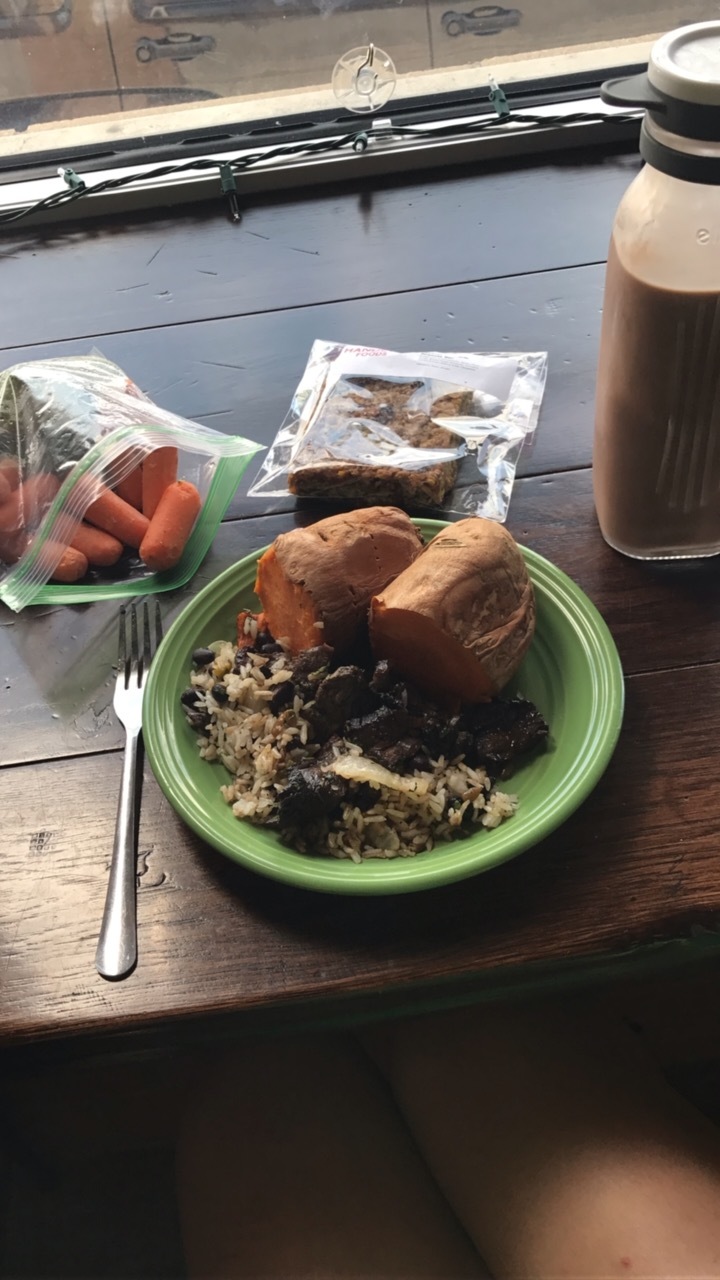In my last blog post, I discussed about breaking the diet cycle and how active individuals do not benefit from diets. If you have performance goals and nutritional goals, going the diet route will have you burned out quicker and further away from your goals for the future. What I prefer to educate my clients on is two principles: the 80:20 rule of fueling and mindful eating. Today, it's all about the 80:20 rule.
What is the 80:20 rule for fueling?
The 80:20 rule is simple enough.
80% of the meals and snacks you eat in a week should be whole, real food that is nutrient-dense. Nutrient-dense foods are sweet potatoes, quinoa, lean proteins like chicken and turkey, fish and vegetables. These are the foods that will determine your athletic results in workouts and competitions.
20% of the other meals and snacks you consume can be comprised of foods not as nutrient-dense, and properly higher in added sugar and fat. This includes pizza, donuts, alcohol and highly-processed foods i.e. foods with more than 5-10 ingredients on the ingredient label. Time to enjoy the balance of your fueling and not feel like you are depriving your body of the nutrients it needs to perform.
Why should you practice the 80:20 rule?
We have all heard the words "clean eating" and many of us have attempted it. But for an athlete with high calorie needs and micro-nutrient needs, diets do work with the ebb and flow of an athlete's training schedule and provide the nutrients needed to build a stronger athlete. And eating "clean" is not a sustainable way of living. Yes, we need to eat our whole foods often, but what does that mean if your friends want to grab pizza and beer? Or ice cream? Do you say no to your friends and the healthy relationships that could be there? Or do you go with your friends and then just crave all the food in front of you? That isn't sustainable for anyone, let alone athlete's who are always under pressure to perform and hit goals. Eating clean also doesn't help cultivate a healthy relationship with food. People who tend to eat clean 100% of the time dread meals and even meal planning, and create an unhealthy relationship with food for the rest of their life.
How do you put this into practice?
First, look at your whole week:
As an athlete who eats at least 2-3 snacks a day, this comes out to 34 meals/snacks (80%) and 7-8 meals/snacks (20%). This is due to the higher protein and calorie needs of an athlete.
And no cheat days! Make it that 20% more about sides and meals or snacks, rather than taking a whole day to cheat. If you have a cheat day, most likely any workout you do the next day will be tough or you will feel fatigued due to the high sugar and fat you had the day before. Remember, what you eat 24 to 48 hours before a workout impact that workout more than what you eat 1 hour before the workout.
Here's an example of my 80% and 20%. What is yours?
So enjoy your food and start fueling the best way for a healthy, happy life. How will you incorporate this rule into your daily eating habits?
Sources:
https://home.mysportsd.com/8020ruleofeating?utm_source=My+Sports+Dietitian%3A+Eat+2+Win&utm_campaign=adcb1fbec6-EMAIL_CAMPAIGN_2017_11_28&utm_medium=email&utm_term=0_c3aed6e419-adcb1fbec6-128837761

